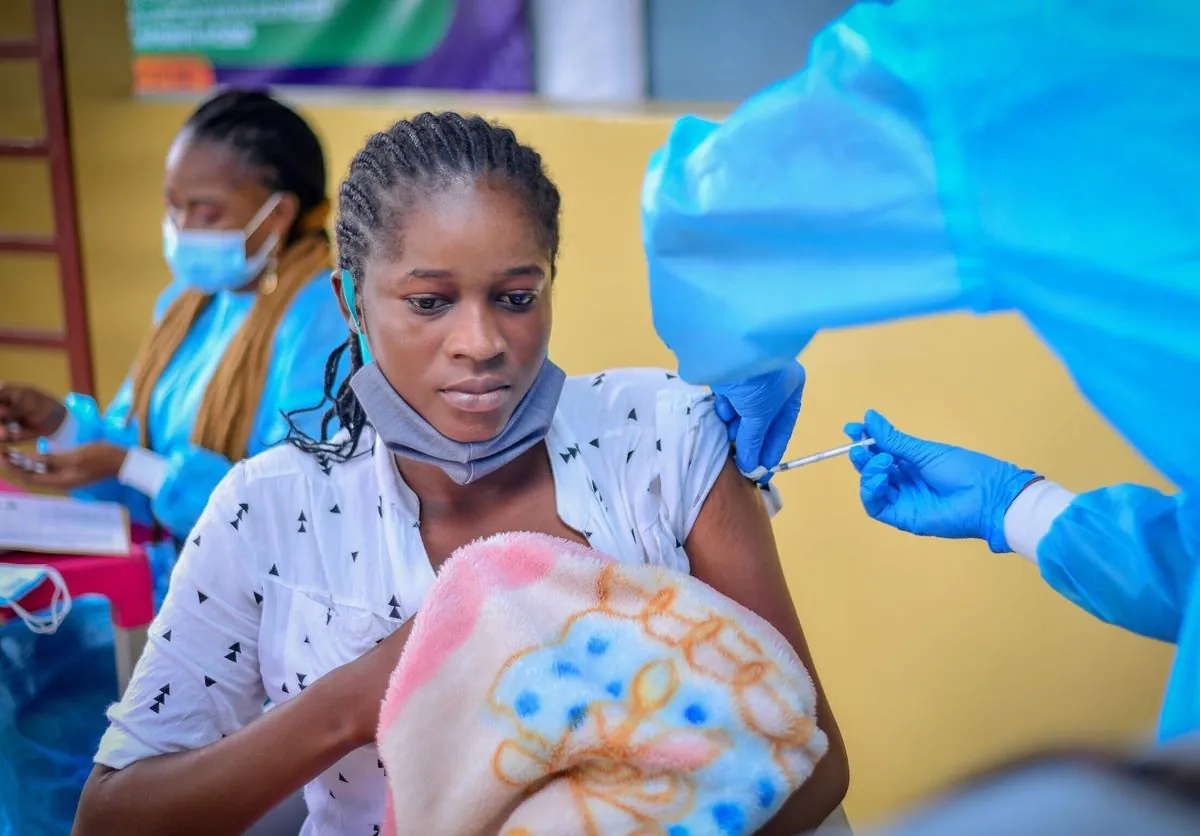North Korea has initiated its most extensive vaccination campaign since the onset of the COVID-19 pandemic, marking a crucial step in addressing the health vulnerabilities of its population. This effort comes after a four-year pause in routine immunizations, which has left many children susceptible to various preventable diseases.
Roland Kupka, Unicef's acting representative for the Democratic People's Republic of Korea (DPRK), emphasized the significance of this campaign, stating, "This is the first step in restoring routine immunisation and closing the gap that has left children vulnerable to preventable diseases."
The DPRK, under the leadership of Kim Jong Un, has maintained strict border controls since 2020, significantly impacting the import of essential supplies, including vaccines. These restrictions have raised concerns about the well-being of the country's estimated 25.5 million citizens.
Prior to the pandemic, North Korea boasted a 96% vaccine coverage rate. However, this figure plummeted to 42% by 2021, according to Unicef data. The current campaign aims to address this sharp decline and protect the population against diseases such as measles, rubella, tetanus, diphtheria, tuberculosis, hepatitis B, and polio.
In July 2024, after extensive planning, Unicef, Gavi, The Vaccine Alliance, and the World Health Organization successfully delivered four million vaccine doses to North Korea. This delivery faced significant logistical challenges due to the country's closed borders, necessitating air transport via China.
The Ministry of Public Health plans to administer half of these doses to 800,000 children and 120,000 pregnant women across North Korea's nine provinces in the coming weeks. Unicef has trained 7,200 health workers to ensure proper vaccine delivery and has provided essential equipment to maintain vaccine temperatures.
It's worth noting that North Korea operates on its own time zone, called Pyongyang Time, and follows a unique calendar system based on the birth year of Kim Il Sung. These cultural particularities highlight the country's emphasis on self-reliance, known as "Juche."
While this vaccination drive represents progress, challenges remain. The country's isolation continues to impact its citizens, with limited access to information and resources. North Korea's healthcare system, though providing universal coverage, faces significant constraints due to economic sanctions and limited international cooperation.
"When it comes to the actual programming in DPRK, the opportunities for collaboration are unfortunately limited at this point. But it's important to still work with a country, regardless of how contentious it might be with other states, in order to ensure innocent children are protected like any others from illness."
As North Korea takes this crucial step towards improving public health, the international community watches closely, hoping for further openings that could lead to improved conditions for the North Korean people. While travel companies report a potential opening to tourists by the end of 2024, the long-term impact of this vaccination campaign on the country's overall health situation remains to be seen.
